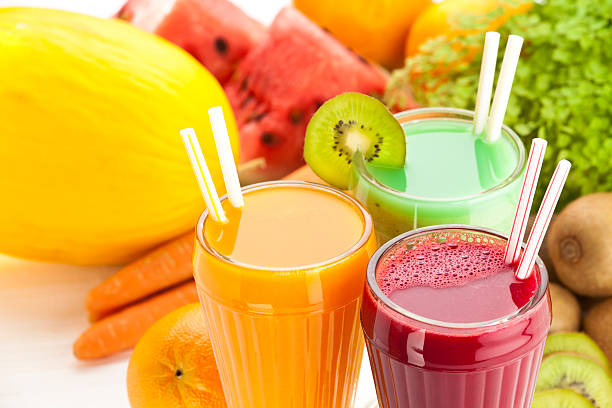On the positive side, juice can be a convenient way to supplement a child’s diet with essential vitamins and minerals. Many fruit juices are rich in vitamin C, potassium, and antioxidants, which contribute to overall health and immune function. For picky eaters who may struggle to consume an adequate amount of fruits, a moderate intake of juice can serve as a valuable alternative.
However, it is essential to distinguish between 100% fruit juice and fruit-flavored drinks with added sugars and artificial ingredients. Pure, unsweetened fruit juice contains natural sugars, but excessive added sugars in commercial fruit drinks can contribute to health issues such as obesity, tooth decay, and an increased risk of type 2 diabetes. Parents should prioritize 100% fruit juice and be cautious about the sugar content listed on the product labels.
Another consideration is the potential impact of juice consumption on dental health. Even 100% fruit juice contains acids that can erode tooth enamel, leading to cavities and other dental problems. To mitigate this risk, parents should encourage their children to drink juice with meals rather than as a standalone beverage and promote good oral hygiene practices, such as regular tooth brushing.
Portion control is crucial when it comes to allowing kids to drink juice. The American Academy of Pediatrics recommends limiting juice intake based on a child’s age. For instance, toddlers aged 1 to 3 should have no more than 4 ounces of juice per day, while children aged 4 to 6 can consume up to 6 ounces daily. Older children and adolescents should further reduce their intake to 8 ounces per day. By adhering to these guidelines, parents can help prevent excessive calorie consumption and reduce the risk of associated health issues.
Beyond the nutritional aspects, the impact of juice on hydration should be considered. While juice does contribute to overall fluid intake, water remains the best choice for staying adequately hydrated. Parents should encourage their children to drink water regularly and view juice as an occasional treat rather than a primary source of hydration.
In conclusion, the decision to let your kids drink juice involves a nuanced evaluation of various factors. When chosen wisely and consumed in moderation, 100% fruit juice can be a valuable addition to a child’s diet, providing essential nutrients and variety. However, parents must be vigilant about the type of juice, sugar content, potential dental implications, and portion sizes. By striking a balance and promoting a diverse, well-rounded diet, parents can ensure that juice is a positive and enjoyable aspect of their children’s nutrition.



